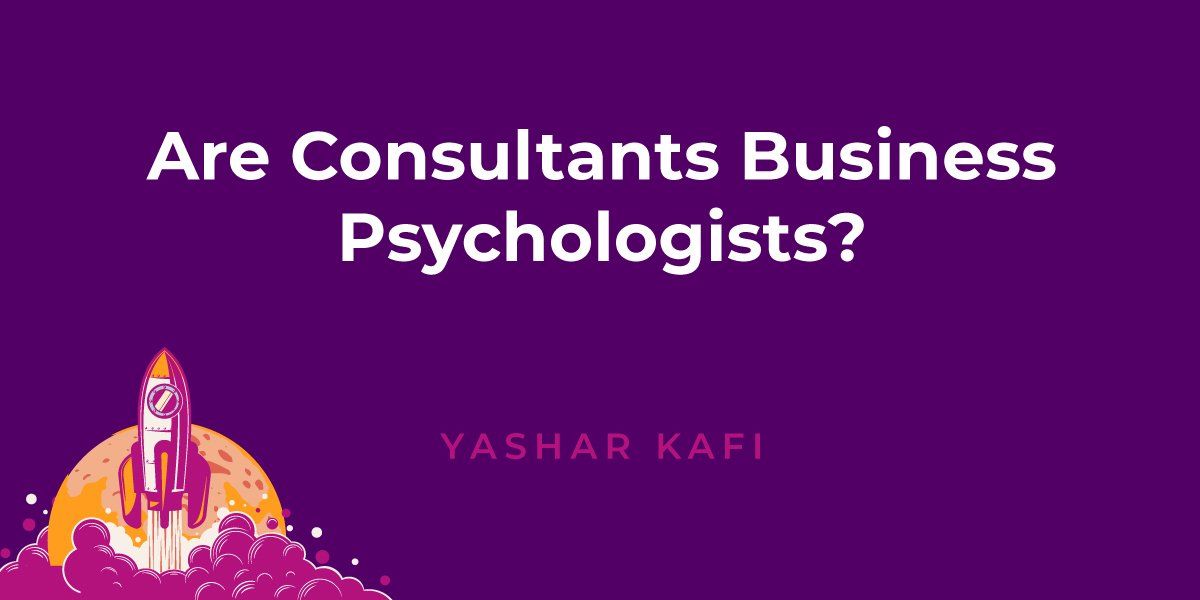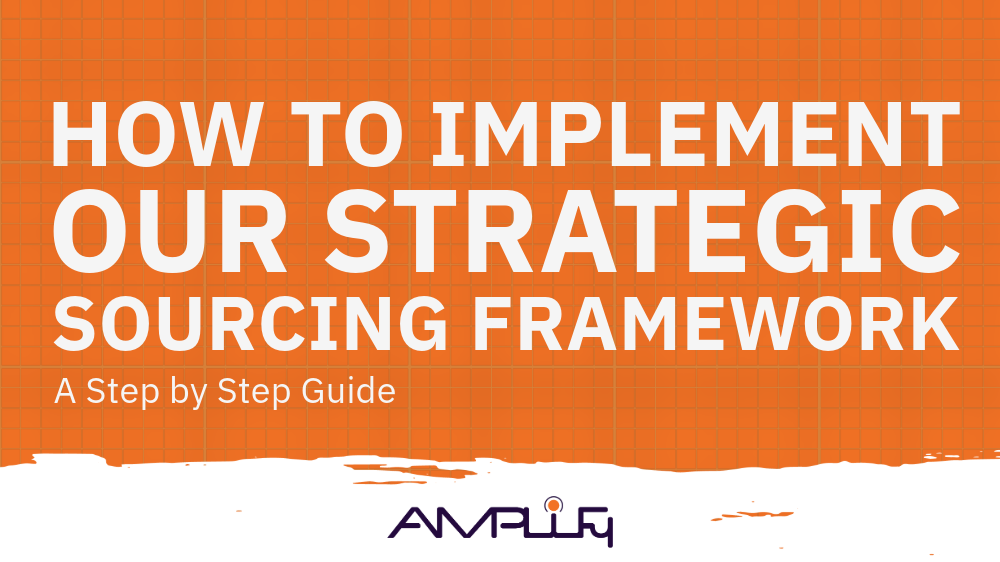Are Consultants Business Psychologists?
In consulting, people often open up to you about everything. They tell you their problems— business mostly, but not always—and they do this because they can’t find the solutions on their own. In many ways, they look to me to help in areas where they are at a loss or have found themselves stuck and need leadership and guidance to find the path forward.
Business Consulting Vs. Business Psychology
I have sometimes thought that every consultant deserves an honorary business psychology degree. I am joking, of course, but you have to wonder: Is it partly true?
I would wager yes, in spirit, but no in regards to qualifications. As with any profession, I respect that courses and layers of learned knowledge are vital to being qualified to call yourself by the name. This applies to business psychology, so I am not negating that. But I feel that since the lines often overlap, in my consulting industry especially, consultants should be required to take business psychology courses in school.
I would take it even one step further and say that every person—regardless of their chosen profession—would benefit from doing this, but especially consultants.
Why? Because the merits of business psychology are almost too numerous to count. And in the consultancy world, you are like a coach, problem-solver, and expert strategist all in one— similar to business psychologists
Business Consultants and Business Psychologists – the Key Differences
Think about it: Business psychologists are there to dive in and get to the core of problems, find solutions, and help identify internal factors that are causing issues, so they can help businesses, leaders, and teams thrive. Now, unlike consultants, business psychologists usually “stay in their lanes” and don’t offer advice on things like finances. Instead, they are brought into the fold to be what I call “people experts.” And the internal factors they are seeking to pinpoint and address are any of those at the individual and team levels in an organization that create roadblocks to that company’s ultimate success.
That is no easy feat, and I have so much respect for this niche and the people that go into this career. But circling back to my original premise: as consultants, we are also called upon to weed out factors that are the cracks in the foundation of a business. These cracks are effectively keeping that business from reaching its goals.
In the consultant world, unlike the realm of business psychology, our job description is designed to focus on the business itself versus the person, per se. However, there is an inevitable “overlap.” To do this, you have to deal with—and understand—people. Like psychologists, we have to become that coach. Consultants are called upon to offer insights, find solutions, and help our clients step toward those solutions in measurable and proactive ways.
So, while we are focused on company success, people fuel that success, so like business psychologists, we also have to understand and help people. At the end of the day, psychologist or consultant, we’re all just trying to find solutions. And that’s how you’ll know you have a great consultant – they’ll be able to help you!




